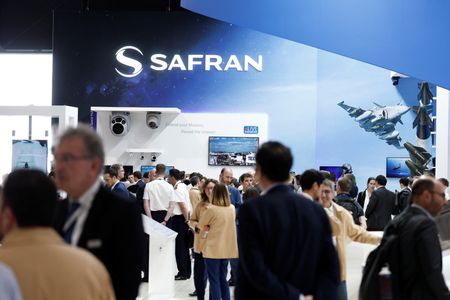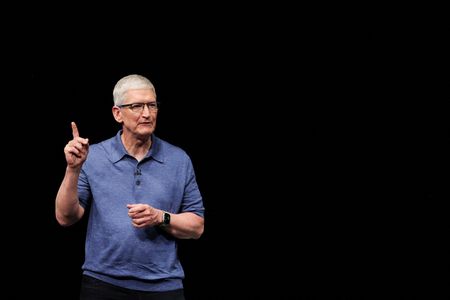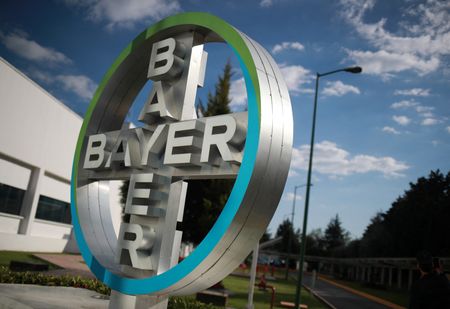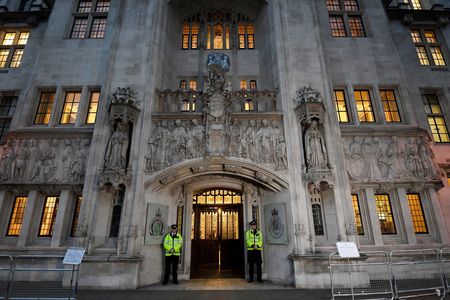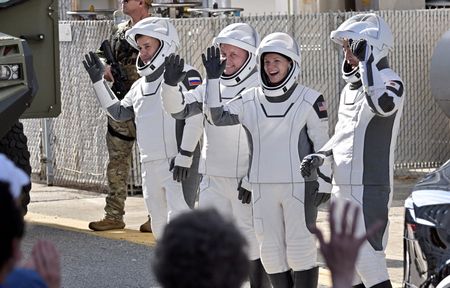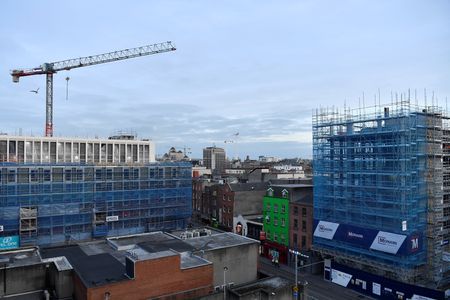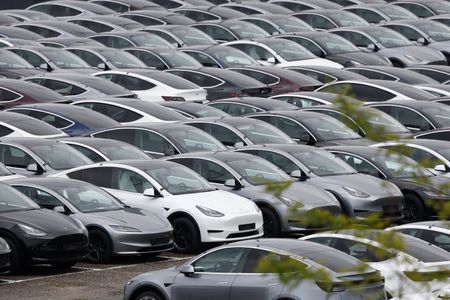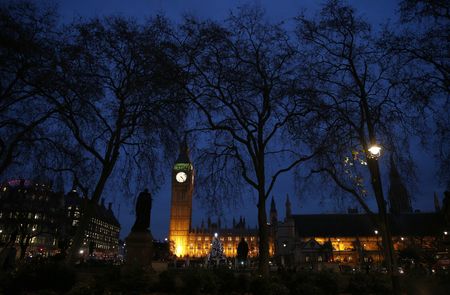By Tim Hepher, Forrest Crellin and Michel Rose
PARIS (Reuters) -French aerospace group Safran has picked France as the location for a $500 million carbon brakes factory, beating rival bids from sites in the U.S. and Canada in a domestic investment buoyed by a shake-up at power giant EDF.
Partially state-owned Safran, which builds jet engines and competes with RTX unit Collins Aerospace to sell other equipment like brakes and landing gear, said the 30,000 square metre (323,000 sq ft) facility near Lyon would cost over 450 million euros ($514.4 million) and start running in 2030.
Thursday’s announcement, alongside higher mid-year earnings, came after Reuters exclusively reported that Safran was poised to select France for the expansion following a politically sensitive contest overshadowed by concerns over energy supplies.
The contest has been closely scrutinised in France, where President Emmanuel Macron has made regenerating local industry a key political priority at a time when U.S. President Donald Trump is pressing Europe to invest more in the United States.
Macron hailed the decision to pick Ain, southeastern France, as an act of “sovereignty and re-industrialisation.”
Safran pioneered the use of carbon brakes for jetliners and Formula 1 racing cars and says they are lighter and more durable than steel. But they consume large amounts of energy to make, so Safran had been pressing for secure supplies of clean energy.
Under discussion for five years, the decision had become increasingly swept up in energy and international politics, as well as the fallout from management changes at state utility EDF.
Earlier plans to base the site in Lyon, France’s third-largest city, had been scrapped, first due to the COVID-19 pandemic in 2020, and then a sharp rise in energy prices following Russia’s invasion of Ukraine in 2022.
Safran CEO Olivier Andries, who had outlined a set of conditions including affordable long-term energy supplies and political and economic stability, denied any link with recent tariff wars and put the spotlight on EDF’s new boss.
“It was a purely objective decision,” he told reporters, adding that a recent management shake-up at EDF had “altered the dynamics” of the negotiation for the better.
EDF said it welcomed the decision.
EDF’s new CEO Bernard Fontana has pledged to focus on domestic projects after his predecessor Luc Remont was fired earlier this year following complaints by French industries over his rigidity on long-term contract negotiations.
Fontana told parliament in April that EDF would deliver competitive prices via “all available margins of flexibility.”
Quebec was the leading candidate outside France due to its ample hydroelectric supplies and Oregon was also considered before failing to reach the final cut, industry sources said.
The new site at the Plaine de l’Ain industrial park is designed to allow Safran to increase output by 25% up to 2037 by complementing existing sites in France, Kentucky and Malaysia.
($1 = 0.8747 euros)
(Editing by Sudip Kar-Gupta and Bernadette Baum)

